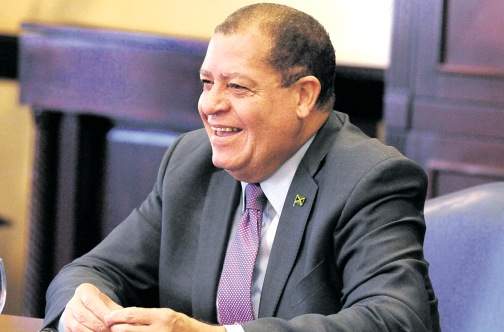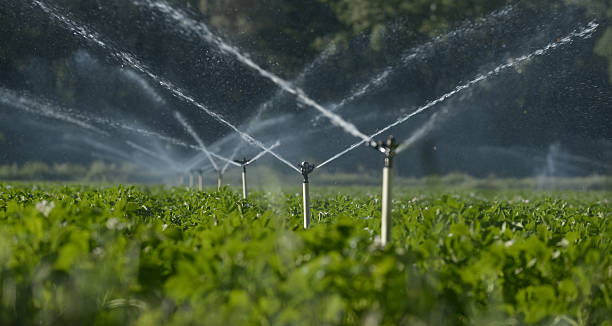Dry farming in south St Elizabeth is the stuff of legend. Hampered by far lower rainfall than the national average, generations of farmers in that area have survived by resorting to disciplined conservationist techniques using dried grass and other vegetation.
Despite the arid conditions, these hardy, solid farmers developed a reputation for impressive productivity and earned St Elizabeth its often repeated description as the breadbasket of Jamaica.
But even for them, the intense droughts of 2014 and 2015 proved too tough to handle. Many farmers gave up and turned to other pursuits.
Thankfully, the weather in south St Elizabeth has been much kinder this year. Even in the notoriously dry months of January through March there were occasional substantial showers and there has been plentiful rain in April and May, thus far. For now, at least, farming in those parts is in full swing.
But the people of southern St Elizabeth know from long, hard experience that the dry spell is never very far away.
For that reason they will be extremely pleased at news of an upcoming US$60-million project which, according to Finance Minister Audley Shaw, will be dedicated to putting in modern irrigation for the “entire” south St Elizabeth.
Mr Shaw told an audience in Treasure Beach, St Elizabeth, on the weekend that the money will be made up of US$30 million in British grant funding – part of a package announced by British Prime Minister David Cameron during his visit last year – and US$30 million in a matching low-interest loan from the Caribbean Development Bank.
Mr Shaw is expecting the project to begin in the 2017/18 financial year and is hopeful it will be completed in two years. He states the obvious in explaining the rationale: “South St Elizabeth has pronounced potential but has been inhibited by problems of inadequate water…”
Irrigation of the south St Elizabeth plains has been talked about for decades. That it is only now reaching to the stage where money is identified for a comprehensive project is yet more evidence that Jamaicans are so much better at talking than actually doing.
Of course, there have been irrigation schemes of limited scope implemented down the years in sections of southern St Elizabeth. Also, next door in Duff House, New Forest, and related communities in equally dry southern Manchester, an agro park fed by irrigation has been a major success.
The expectation is that the “modern” and “comprehensive” development spoken about by Mr Shaw on Saturday night will have a transformative effect on St Elizabeth’s southern belt.
It’s worth noting that after numerous, embarrassing delays the Essex Valley Water Scheme for domestic use, which was first launched in 2001, is likely to be completed this year. Former Member of Parliament for St Elizabeth South Eastern Mr Richard Parchment and new MP Mr Frank Witter have both expressed that expectation.
Sadly, as the situation now stands, more than half of St Elizabeth residents – not just in the south but also in the north – are without piped domestic water supplied by the National Water Commission.
Perhaps, when these promised water schemes finally come into being many people in St Elizabeth (at least in the south) will start to feel that they are not only productive and hard working but also properly appreciated by fellow Jamaicans.



